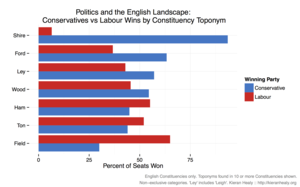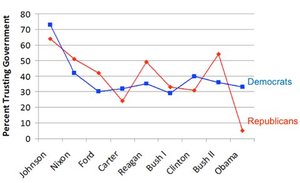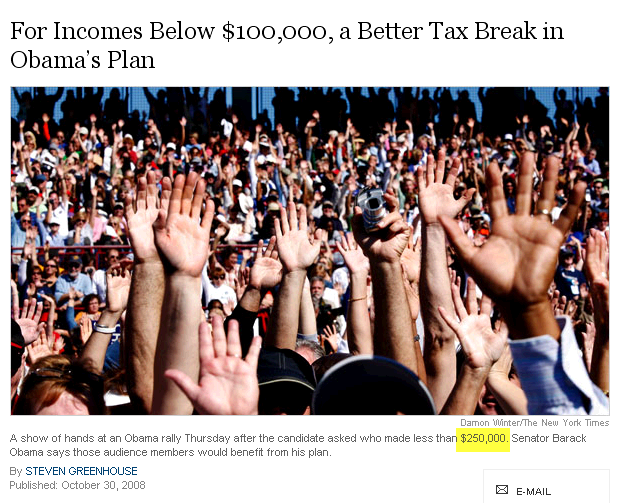All of the liberal concern about single motherhood might more usefully be channeled into protecting single mothers, rather than the elaborate clucking and exquisite condescension that get us nowhere. Attention should be paid to the serious underlying economic inequities, without the colorful surface distraction of concerned or judgmental prurience. Let's abandon the fundamentally frothy question of who is wearing a ring.
-- Katie Roiphe
To support the basic notion that single mothers are irresponsible and dangerous to the general order of things, people often refer vaguely to "studies." I am not a huge believer in studies because they tend to collapse the complexities and nuance of actual lived experience and because people lie to themselves and others. (One of these studies, for instance, in order to measure emotional distress asks teenagers to record how many times in a week "you felt lonely." Is there a teenager on earth who is a reliable narrator of her inner life? Can anyone of any age quantify how many times in a week they have felt lonely?) But since these studies provide fodder for those who want to blast single mothers, it's worth addressing what they actually say.
Studies like those done by the Princeton sociologist Sara S. McLanahan, who is one of the foremost authorities on single motherhood and its impact on children, show that conditions like poverty and instability, which frequently accompany single-mother households, increase the chances that the children involved will experience alcoholism, mental illness, academic failure and other troubles. But there is no conclusive evidence that, absent those conditions, the pure, pared-down state of single motherhood is itself dangerous to children.
PROFESSOR McLANAHAN'S studies over the years, and many others like them, show that the primary risks associated with single motherhood arise from financial insecurity. They also offer evidence that, to a lesser extent, particular romantic patterns of the mother -- namely introducing lots of boyfriends into children's lives -- contribute to the risk. What the studies don't show is that longing for a married father at the breakfast table injures children.
And Professor McLanahan's findings suggest that a two-parent, financially stable home with stress and conflict would be more destructive to children than a one-parent, financially stable home without stress and conflict.
There is no doubt, however, that single motherhood can be more difficult than other kinds of motherhood. In France, the response to the added difficulty is to give single mothers preferential access to excellent day care. Here the response is moralism disguised as concern and, at other times, simply moralism.
The idea of "single mothers" may itself be the convenient fiction of a fundamentally conservative society. In fact women move in and out of singleness, married parents break apart, men and women live together without marrying, spouses or partners die, romantic attachments form and dissolve. Those who brandish research like Professor McLanahan's ongoing Fragile Families study and Paul R. Amato's 2005 paper on changing family structures to critique "single mothers" conveniently ignore the fact that such investigations rely on shifting, differing and extremely complex definitions of the households involved.











